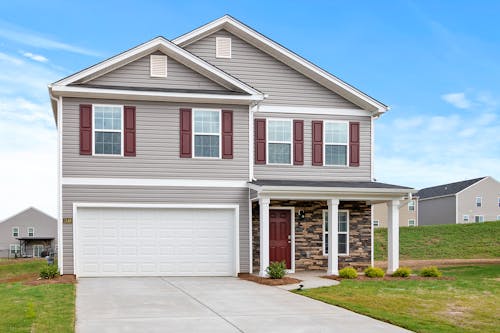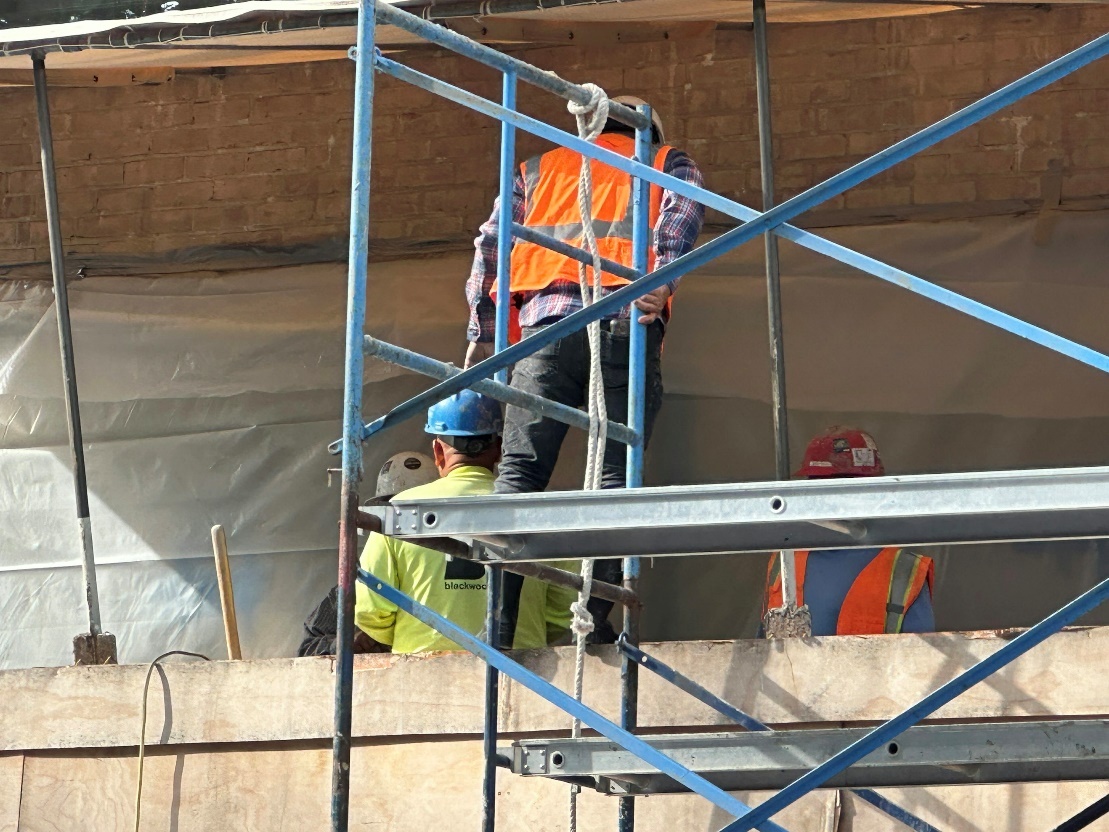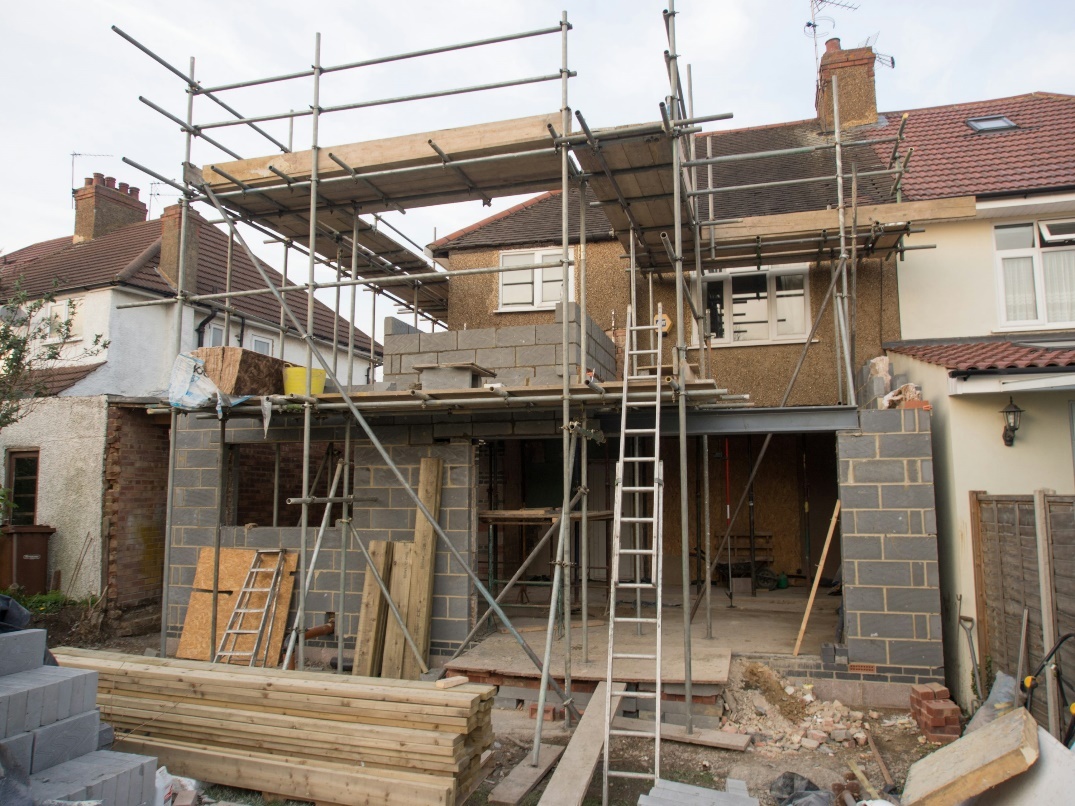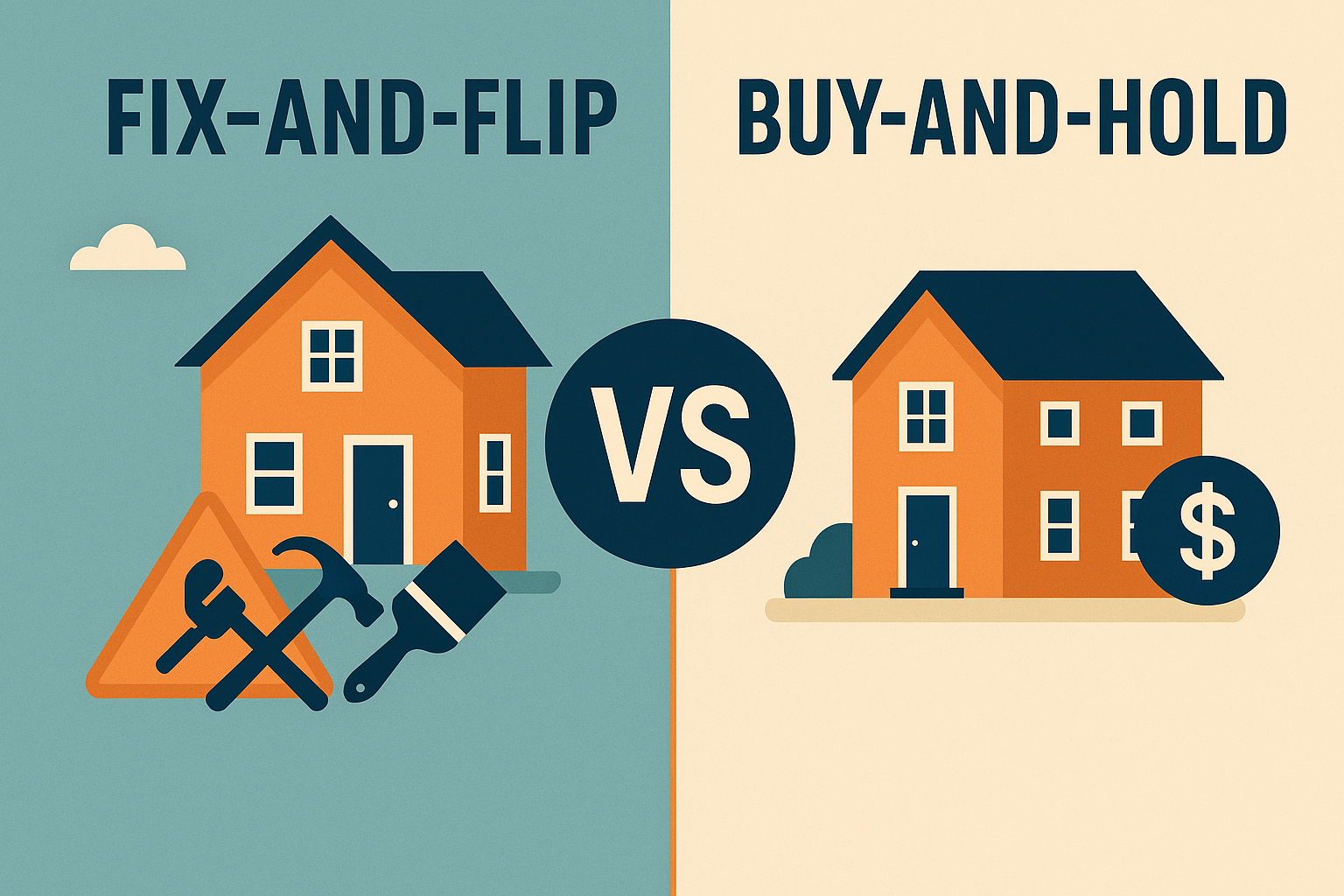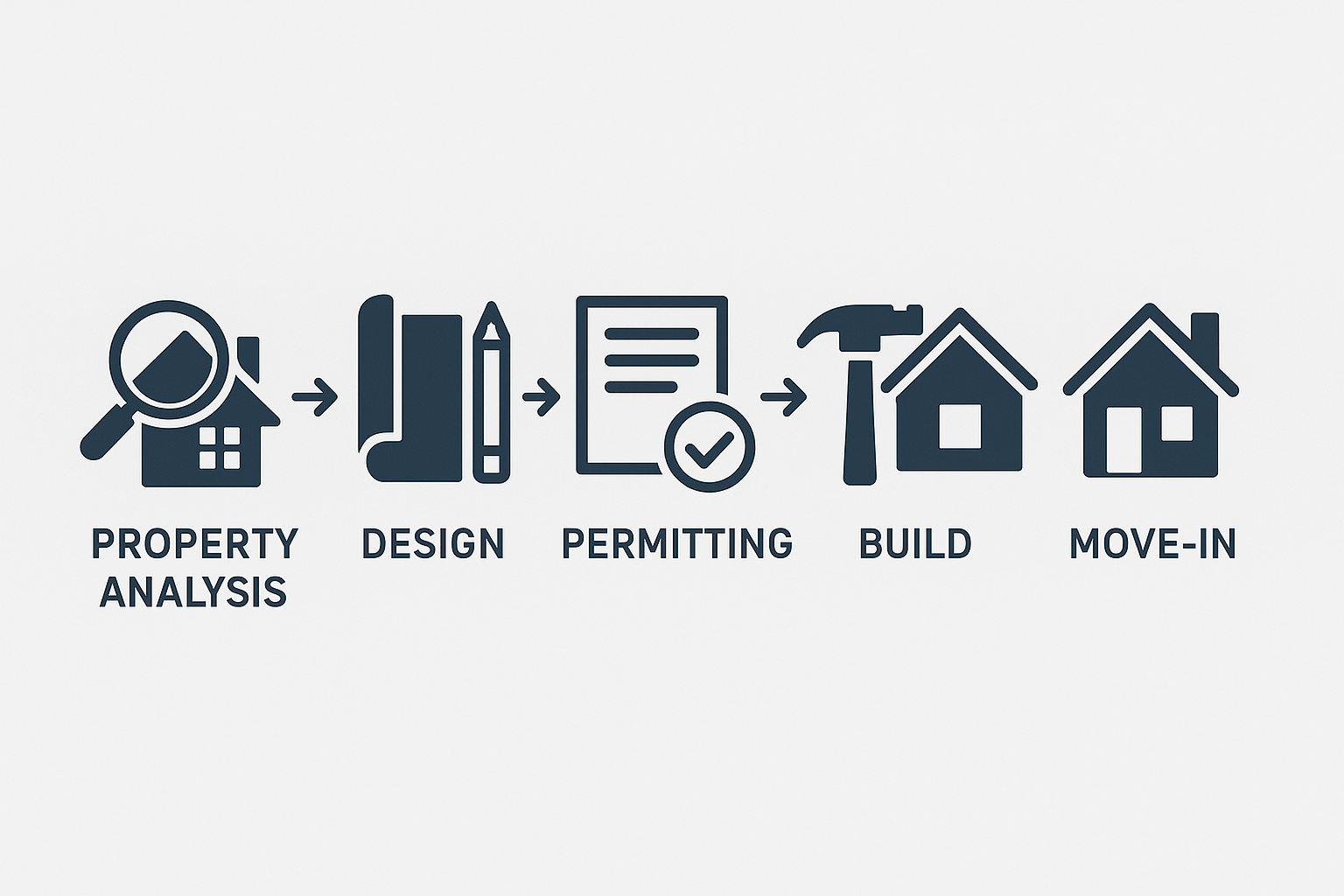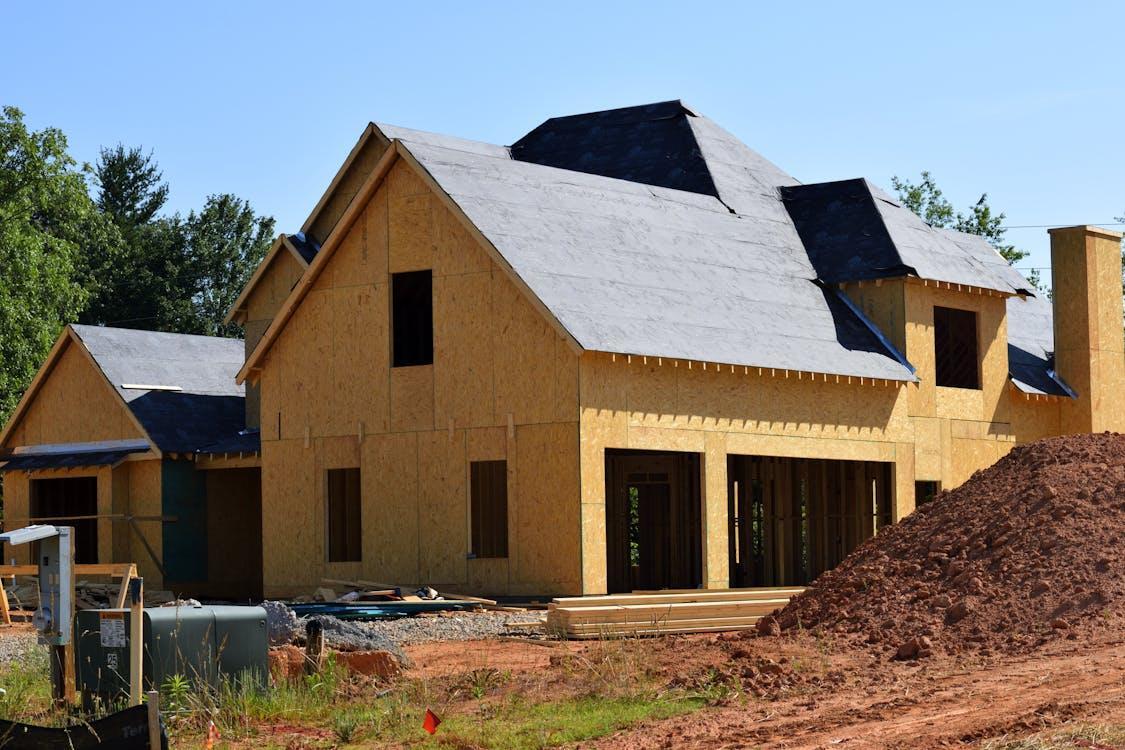In April 2025, California remained one of the most expensive states for residential real estate, with the median home price hitting $855,300.
That’s not just a number—it’s a barrier for buyers and investors alike.
You spot a deal in San Diego. A fixer-upper in Oakland. A multi-family opportunity in Sacramento. However, by the time your traditional loan officer returns your call, someone else already has it under contract. That’s the reality of high-stakes real estate projects in California.
So, in a market where hesitation costs six figures, smart California investors are leaning on real estate lenders who move fast and fund faster.
Let’s break down why multi-family bridge loans are becoming the go-to tool—and what you need to know before using one.
What Are Bridge Loans?
A bridge loan is a short-term loan, usually lasting 6 to 18 months, used to “bridge” a financial gap between buying a new property and securing permanent financing or selling an existing property.
For example, an investor might use a bridge loan to:
- Buy a new multi-family property while waiting to sell another.
- Fund major renovations before a refinance.
- Compete with cash buyers in hot markets.
These loans are typically provided by a hard money lender and backed by real estate collateral, not personal creditworthiness.
How Hard Money Loans Power Real Estate Projects in California
From duplex flips in Sacramento to large-scale developments in San Jose, hard money loans are helping move deals forward that might otherwise stall due to delays from banks or strict lending requirements.
Why they work well:
- Speed: Many hard money lenderscan close in 5 to 10 days.
- Asset-focused: Approval is based on property value, not borrower income or credit score.
- Flexibility: Funding available for purchase, renovation, or construction.
If you're running a real estate project in California, speed is often what makes or breaks your ROI.
With a multi family bridge loan, a hard money lender can fund the purchase within days. This lets you close fast, start renovations, increase value, and later refinance into a long-term loan.

Urban vs. Suburban Lending: Both Get Support
Hard money lenders aren’t limited to cities like Los Angeles or San Francisco. Investors are increasingly targeting suburban areas such as Bakersfield, Stockton, and Moreno Valley. In these areas, bridge loans are helping fund everything from single-family home flips to multi-unit renovations.
As suburban markets heat up due to affordability and migration trends, being able to move fast with bridge funding is a huge advantage.
Key Benefits of Using a Real Estate Lender for Bridge Loans
Bridge loans are all about speed and flexibility—two things traditional financing can’t always deliver. When working on real estate projects in California, especially in competitive markets like Los Angeles, San Diego, or the Bay Area, timing is everything. Here’s why choosing a real estate lender for your bridge loan gives you a serious edge:
1. Short Timelines
Timing kills more deals than money. While a traditional bank might take 45–60 days just to process your loan application, most real estate lenders offering bridge loans can close in 10 days or less. In California’s fast-moving market, that speed often means the difference between locking in a deal—or losing it to a faster bidder.

2. Asset-Based Lending
Forget stacks of paperwork and years of tax returns. With hard money loans, the focus is on the property, not your income history or credit profile. The lender evaluates the current market value or after-repair value (ARV) of the asset. That makes it easier for investors and buyers who don’t fit the traditional mold—like self-employed borrowers, flippers, or first-time property investors.
3. Renovation-Friendly Terms
If you’re flipping a house or upgrading a multifamily building, the right bridge lender will allow draws for renovation costs. This means you don’t have to come out of pocket for improvements. You can roll the rehab budget into the loan, pay contractors directly from the funds, and focus on adding value without draining your cash reserves.
4. Flexible Exit Plans
Bridge loans are meant to be short-term—typically 6 to 18 months. Whether you plan to sell the property, refinance into a conventional mortgage, or cash out after stabilizing a rental, a hard money lender gives you options. These loans also work well for bridge-to-perm scenarios, where you use the short-term funding while waiting for long-term financing to close.

What to Ask a Hard Money Lender Before Taking a Bridge Loan
Not all hard money lenders are the same. Some are experienced in handling real estate projects in California. Others may offer fast closings but charge higher fees. Before signing a term sheet, make sure you ask the right questions:
What’s The Maximum LTV (Loan-To-Value)?
This tells you how much of the purchase price or ARV the lender is willing to fund. Most hard money lenders offer up to 70–80% of purchase price or 65–75% of ARV. Knowing this helps you estimate how much of your own capital you’ll need.
Do You Finance Renovation Costs?
Not all lenders cover construction or rehab expenses. Ask if rehab draws are available, how they’re structured, and whether the funds are released in stages or upfront. This is key for fix-and-flip and value-add multifamily projects.
What’s Your Average Time To Close?
Speed is the biggest advantage of a bridge loan. Confirm the lender’s average closing timeframe—ideally 10–14 days, depending on how quickly you can provide the required documents.
Are There Prepayment Penalties?
Some lenders charge fees if you pay off the loan early. Ask if there's a minimum interest guarantee (e.g., 3 months) or an actual prepayment penalty. If your project might wrap up quickly, this cost could impact your bottom line.
How Is The Interest Calculated?
Bridge loans are usually interest-only, but terms can vary. Ask if the interest is paid monthly or accrued and paid at maturity. This affects your monthly cash flow and how much you need to set aside during the project.
Can You Fund Multi-Family Bridge Loans?
Not all hard money lenders fund larger or more complex deals. If you're working on duplexes, triplexes, or larger apartment buildings, confirm if they finance multi-family bridge loans, and what their underwriting requirements are.
Multi-Family Bridge Loans in California By InstaLend
Looking to close quickly on your next real estate project in California? InstaLend offers fast, flexible multi-family bridge loans in California powered by asset-based approvals—not red tape. Whether you’re flipping homes or buying multi-family units, we help you secure funding when it matters most.
Apply today with a hard money lender that understands California’s real estate market. Apply now and keep your deals moving.



